A New Academic Year at UWC Dilijan: Five Years of Giving
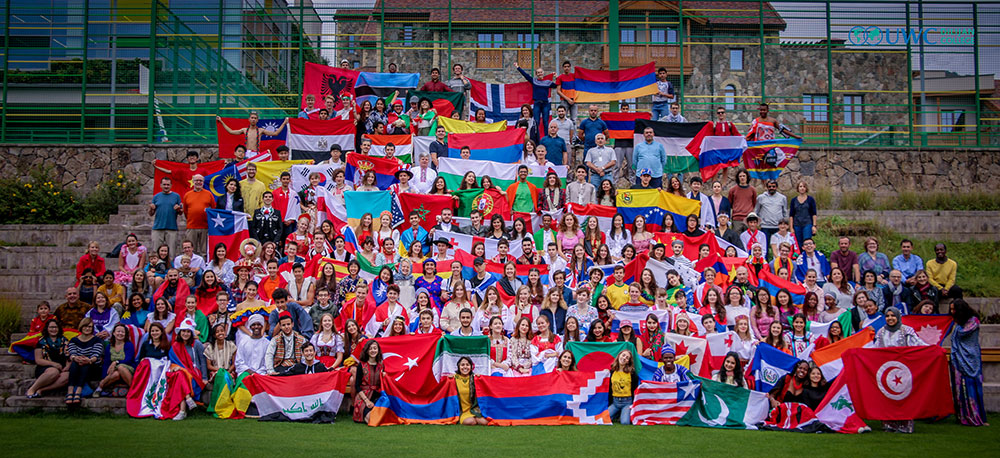

DILIJAN—The new academic year has started in UWC Dilijan. The college has opened its doors to 117 new students and now has 226 students in total coming from more than 80 countries. The teaching staff was expanded by new specialists and now consists of 36 instructors from 15 countries.
This year will mark the fifth anniversary of UWC Dilijan. Since its opening in 2014, UWC Dilijan has grown and gained strength together with modern-day Armenia. In five short years, the college made a journey from a mystery grand construction site to an integral part of the city, a member of the UWC movement, an important player in the region and an active participant in the development and internationalization of Armenia. Moreover, hospitable people of Dilijan continue to welcome a diverse international community and make UWC Dilijan’s staff and students feel at home.
With the support of many people and organizations connected with the college, here is what UWC Dilijan is today:
- 388 alumni from 105 countries
- 36 teachers from 15 countries
- 45 co-curricular social projects
- 500+ donors
- $26 million in scholarships
- 60 alumni returning to volunteer
- 3000 local children attending co-curricular projects and events
Over the course of the 2019-2020 academic year, as the school celebrates its fifth anniversary, it has an opportunity to evaluate the past achievements and chart a course for the next stage of its development. The ambition is to make an impact personally – on the students; locally – on the Dilijan community; and globally – contributing through the power of education to a more peaceful, equitable and sustainable world. UWC Dilijan will be focusing on maintaining the world-class quality of its education and delivering diversity of its student body.
“One of UWC Dilijan’s biggest challenges was to align the school’s global mission with the authenticity of its host country in order to become ‘a force to unite people’ within the school community, Dilijan, Armenia and the UWC movement,” says Gabriel Abad Fernández, Head of College. “It seems to me that a huge amount of work has been done, and we continue to work so that the impact of UWC Dilijan’s values-driven education will be enabled by strengthening mutual responsibility, intercultural understanding and a focus-sustainability at personal, community and global levels.”
“As a member of the Armenian diaspora, coming to Armenia was my life’s biggest dream,” says Tro Mirzaian, who is returned to UWC Dilijan for his second year of studies. “However, with UWCD I didn’t just come to Armenia, I came with the opportunities of giving back to my motherland, through the extracurriculars or personal projects. We, UWCD family, love Armenia from its highest mountain to its deepest canyon.” Tro was born and raised to an Armenian family in Syria; in 2012, his family migrated to Beirut, Lebanon. Upon admission to the international school in Dilijan, Tro realized the importance of one’s national identity, which led him to being closer to his own culture and history.
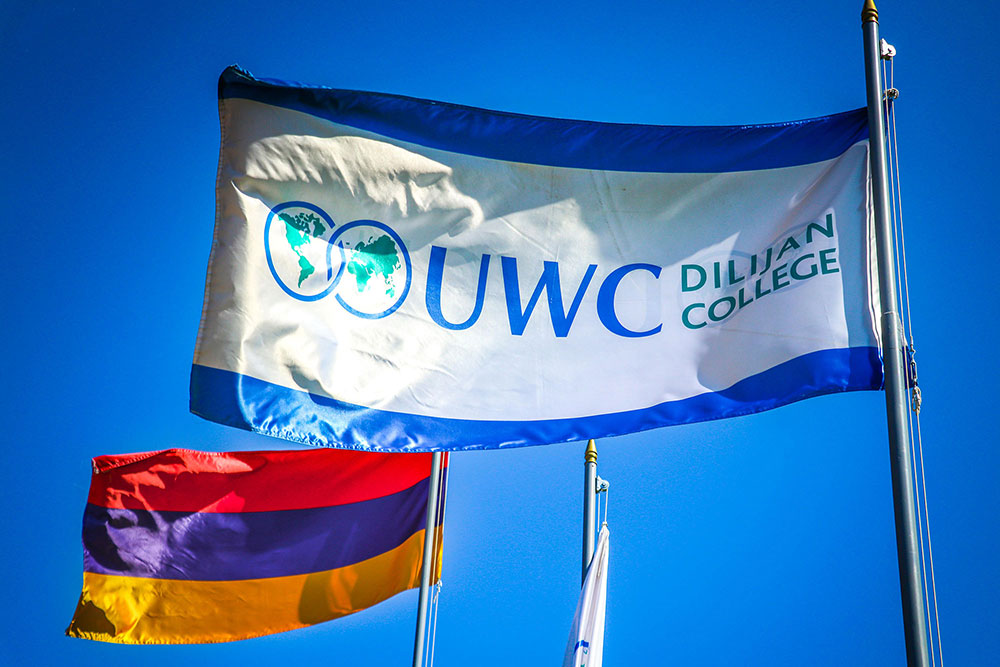
About UWC Dilijan
UWC Dilijan is the first international boarding school of the UWC education model in the region. The college opened in 2014 in the Armenian town of Dilijan and currently has 228 students enrolled from more than 80 countries and 36 academic staff members from 15 countries.
UWC Dilijan represents an exciting extension of the UWC movement into the Caucasus region at the junction of Asia and Europe. Established in 1962, the UWC educational movement now comprises 18 international schools and colleges, national committees in more than 155 countries, and a series of short educational programs.
UWC Dilijan was initiated and masterminded by impact investors and entrepreneurs Ruben Vardanyan and Veronika Zonabend with the support of other founding patrons. The college was built with generous donations from over 330 benefactors. Its admissions policy aims to make enrollment available to anyone, regardless of socio-economic background, on the basis of demonstrated need. Ninety-six percent of students receive full or partial scholarships; 82 percent is an average scholarship.
The UWC Dilijan academic program – The International Baccalaureate (IB) Diploma Program (DP) – is an assessed program for students aged 16 to 19.
UWC Dilijan has four generations of alumni from 2016 to 2019; many of them continue their education at leading universities worldwide – Princeton, Yale, Harvard, Columbia, UCL, Duke, Berkeley, McGill, University of Edinburgh, Minerva School at KGI and many more.



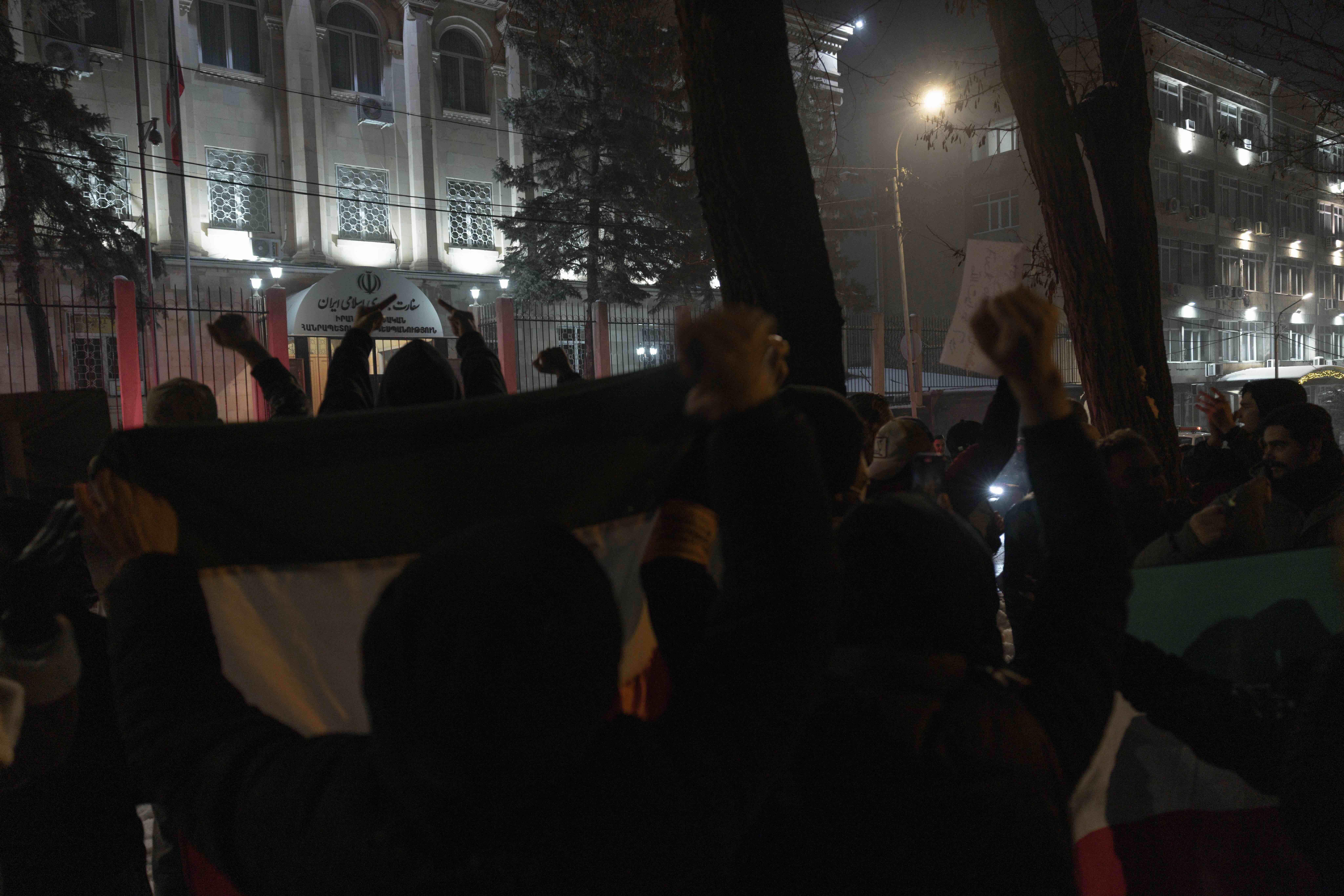
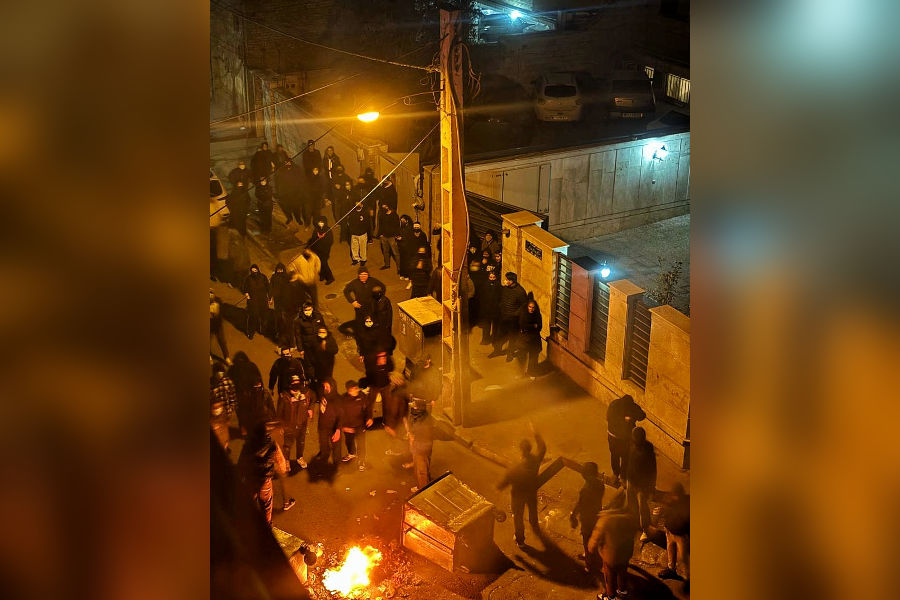

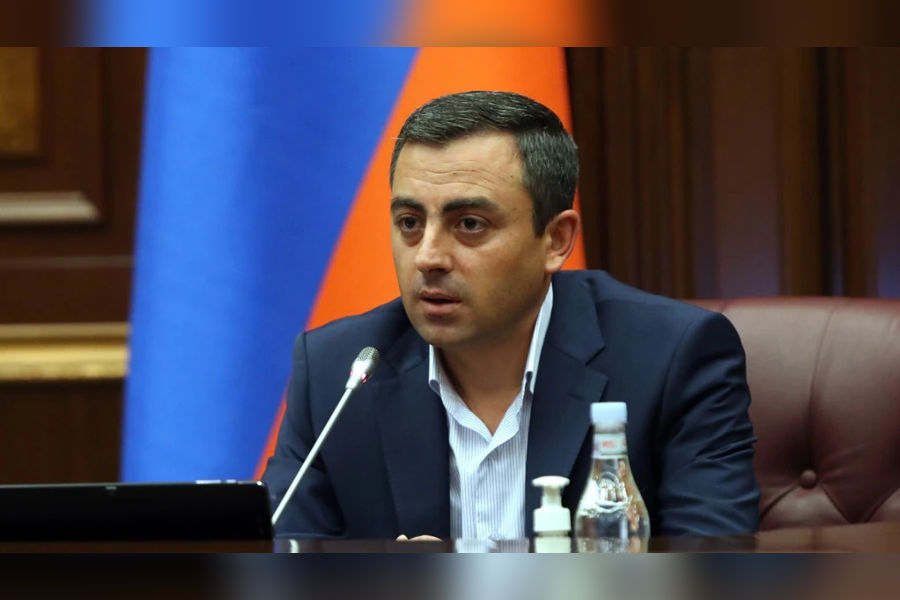

I was wondering why the Armenian Weekly would post such an article, which shows a photo of students displaying the Turkish flag on the campus of an Armenian college? Where’s the logic in that?
The photo is of a Turkish student who voluntarily chose to come to Armenia to study and is happy to be in Armenia. The photo shows that this wonderful school makes Armenia a magnet for top students from all over the world, including from Turkey. This is something that should be celebrated, and I commend that particular student on his/her open-mindedness.
More generally, do you really think just harboring blatant anti-Turkish prejudice achieves anything, for Armenians or anyone else? You literally got triggered at the sight of a Turkish flag, completely ignoring the context.
You completely failed to comprehend my comment from above. My disapproval of a Turkish flag being displayed on the campus of an Armenian college has nothing to do with harboring anti-Turkish prejudice. On the contrary, my disapproval of this act is because of Turkey’s blatant prejudice against everything that has to do with the Armenian people, as well as its intense, continuous denial of the horrifying atrocities that the Turks have committed against the Armenians. Therefore, by permitting those Turkish students to display a Turkish flag on the campus of an Armenian college is both an insult to the Republic of Armenia as well as to the Armenian people. This is certainly nothing to celebrate about (even though the Turks, Turkbaijanis, and all of their anti-Armenian allies would disagree); on the contrary, this is something to be disgusted about. These people who run that particular school need to be educated on their own Armenian history.
In terms of schools, Yerevan State University is the most wonderful school; and yet, I never once saw the display of a Turkish flag on its campus.
You are advocating a policy that discriminates against that individual student because of the actions of the Turkish government, for which that student is not responsible. Under your rule everyone else may display their country’s flag, but not that student. Do you think such a policy will cause that student to go lobby the Turkish government to make amends? In my view it is far more likely that that policy will cause that student to get rightfully annoyed at over-nationalistic Armenians. That student will think, “No matter how tolerant I am towards Armenians (which tolerance likely has cost me friends at home), these people will always see me first and foremost as Turkish and will never accept me on the same terms as the other students.” Perhaps that student will then decide it’s not worth it to fight against the tide and be open-minded towards Armenians; it’s easier to be closed-minded like many of his/her Turkish peers. What have we accomplished then, in the end?
Do you also think that Armenians from Turkey who immigrate to other parts of the Diaspora ought to be prohibited from speaking Turkish in Armenian community centers?
Yerevan State University is not by design an international school that is part of the UWC network. It is targeted towards Armenian students. It would be very odd if any foreign flag were displayed on its campus. Surely you understand that difference.
It’s rather bizarre that someone who claims to be Armenian is vehemently accusing me of “discriminating” against those particular Turk students. My disapproval has nothing to do with their ethnicity; my disapproval has to do with the display of a Turkish flag at an Armenian college. There’s certainly nothing wrong with any particular Turk who comes over to Armenia to study at a college (just as long as he or she fully recognizes the Armenian Genocide); however, in terms of pulling out the Turkish flag and displaying it on the campus of an Armenian college is never acceptable. By doing this, he/she is enormously disrespecting the 1.5 million victims of the Armenian Genocide, the 300,000 victims of the Hamidian Massacres, and the 30,000 victims of the Adana Massacre; furthermore, by doing this, he/she is also showing approval for the Turkish government’s harmful, blatant, endless denial of the Armenian Genocide. This is certainly not the definition of being open-minded towards Armenians; instead, this is the definition of being disrespectful and offensive towards Armenians by displaying the Turkish flag at an Armenian college.
“Under your rule, everyone else may display their country’s flag, but not that student.”
Actually, under my rule, I would never allow any student to display any flag on the school campus other than the flags of Armenia and Artsakh. If foreign students wish to show off their countries’ flags in public, then they should never have come to Armenia in the first place; let them go back to their countries where they can show off their flags in public as much as they wish.
“Do you also think that Armenians from Turkey who immigrate to other parts of the Diaspora ought to be prohibited from speaking Turkish in Armenian community centers?”
No, I don’t. Nobody has the right to prohibit an Armenian or a non-Armenian from speaking any particular language.